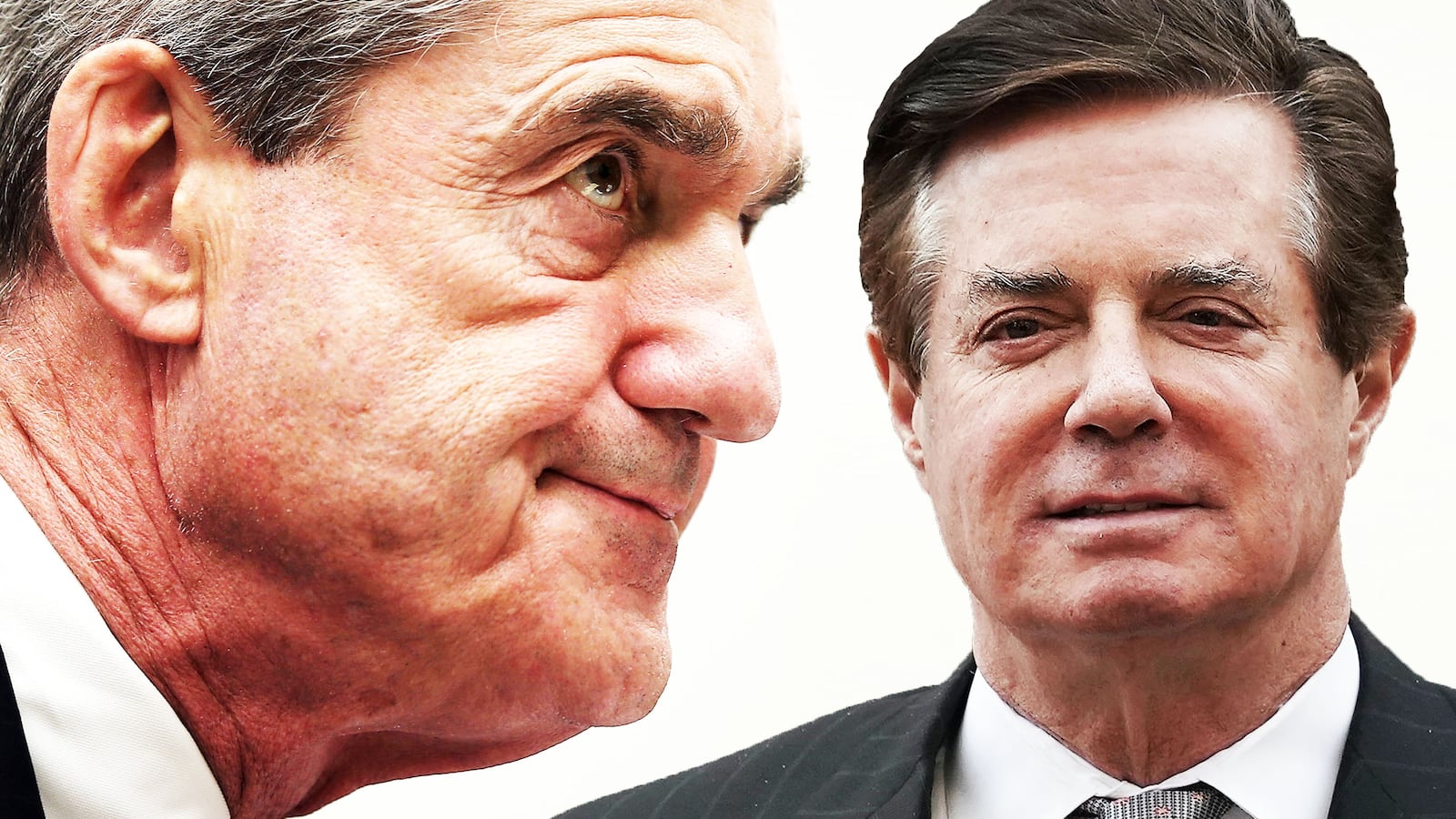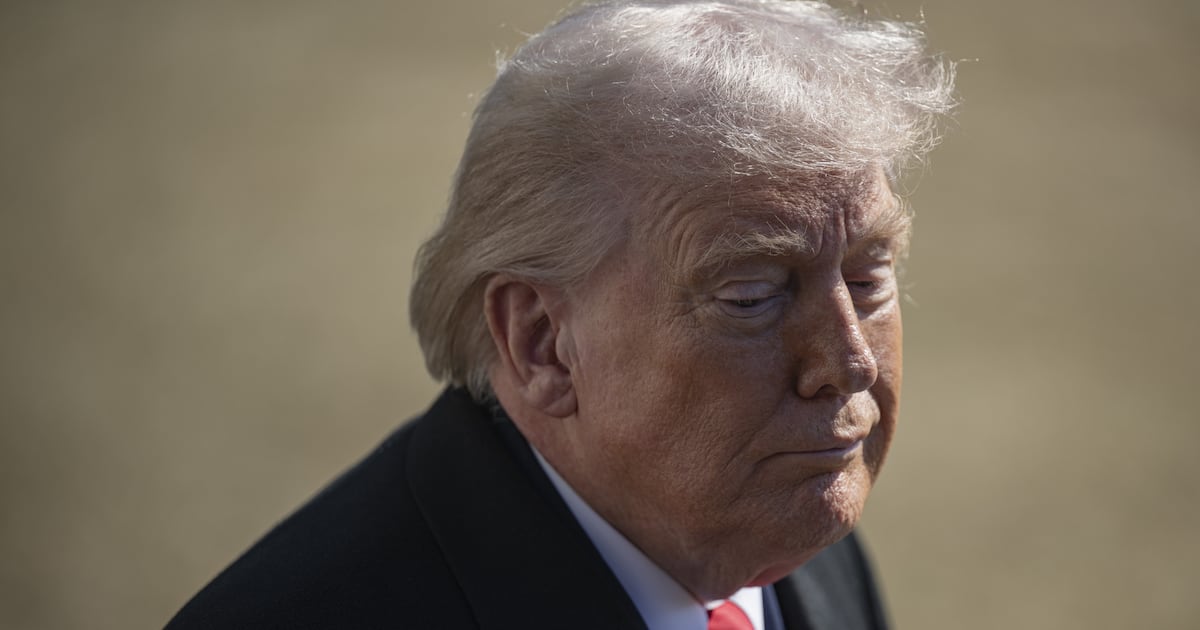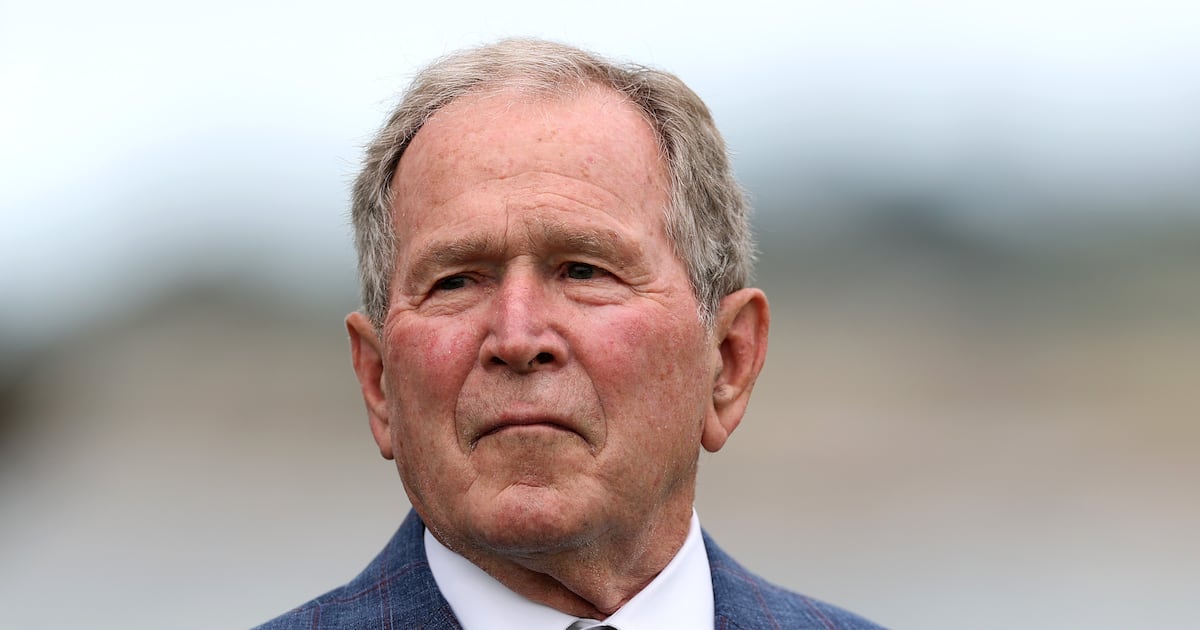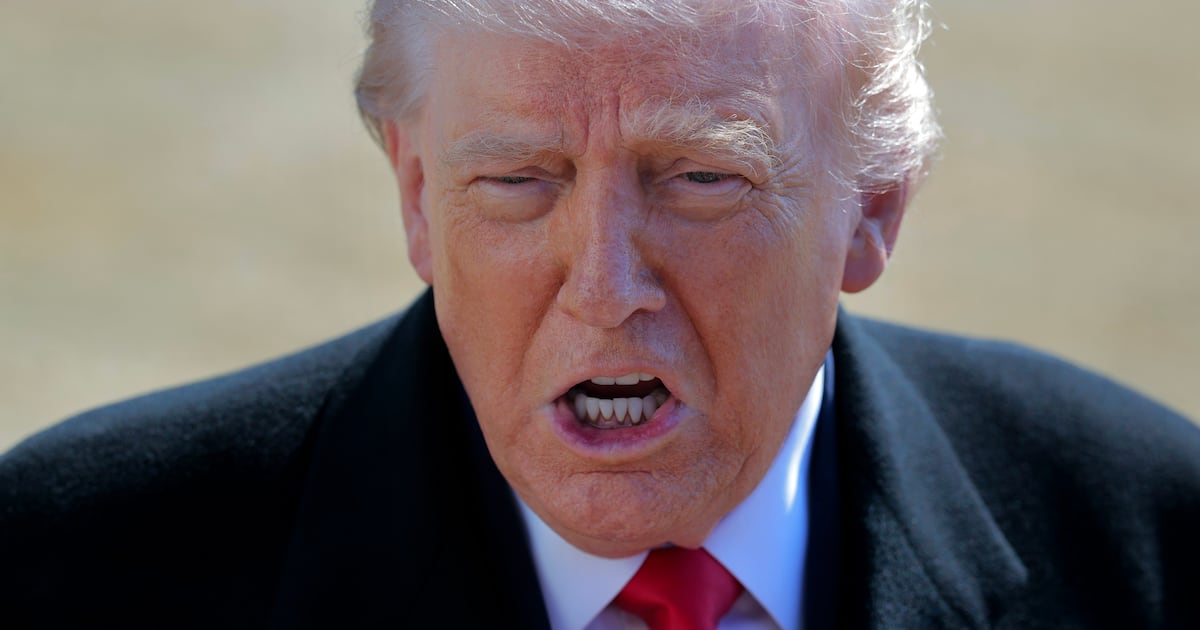President Donald Trump’s former campaign chairman, Paul Manafort, was in court today to review his bond status and to be arraigned on a superseding indictment. At issue in both matters is his alleged tampering with witnesses in the underlying case filed against him by special counsel Robert Mueller.
U.S. District Judge Amy Berman Jackson decided to revoke Manafort’s bond and detain him while he awaits trial.
Manafort was charged in October in federal court in the District of Columbia with failing to register as a foreign agent, conspiring to launder money, and making false statements, among other crimes, in relation to his lobbying activity for the government of Ukraine and political parties there. Manafort was later charged in the Eastern District of Virginia with bank fraud and tax violations. His co-defendant in both cases, former Trump deputy campaign chairman Richard Gates, has pleaded guilty and agreed to cooperate with the government.
Last week, Mueller filed a motion to revoke Manafort’s bond and detain him pending trial based on alleged witness tampering. A few days later, a grand jury returned a superseding indictment alleging obstruction of justice and conspiracy based on the same conduct.
In this instance, Manafort and Konstantin Kilimnik, a Russian national and longtime Manafort business associate, are charged with attempting to influence the testimony of two potential witnesses.
The witnesses are identified in court documents as D1 and D2, principals of a public relations firm. The superseding indictment alleges that on Feb. 23, Manafort telephoned D1, and in the ensuing several days, he and Kilimnik used an encrypted text messaging application to contact D1 and D2. Their messages reminded D1 and D2 that their unregistered lobbying activity occurred in Europe, and not in the United States, where it would be illegal—a narrative that Mueller argues is contrary to the evidence in the case. In effect, Mueller argues, Manafort is implicitly asking them to lie to cover Manafort’s crime. While the evidence is somewhat circumstantial, the superseding indictment alleges that D1 stated that he understood Manafort and Kilimnik’s outreach to be an effort to “suborn perjury.”
The timing of the outreach is also significant. When Gates pleaded guilty in February, a superseding indictment was filed removing Gates as a defendant and adding allegations about additional lobbying activity by a group known as “the Hapsburg group,” activity that is at issue in the text messages. Manafort’s outreach to the witnesses began the very next day.
Some have argued that the motion to revoke bond is a hardball tactic by Mueller to force Manafort to come to the table and cooperate in the Russia investigation. If Manafort is jailed, the thinking goes, he will feel more pressure to start talking immediately. But this thinking seems off the mark. It seems more likely that Mueller is prosecuting what he sees to be a serious crime.
For one thing, Manafort is likely facing a lengthy prison sentence anyway for his various financial crimes and false statements. He doesn’t need to be inside a jail to realize that. To date, he has fought the charges. It may be that Manafort believes he is innocent, though from the face of the indictment and the guilty plea by Gates, the evidence of his guilt appears to be strong. The case is based mostly on documents, which are more difficult to refute than cases based on witness testimony. A case becomes even stronger when the defendant demonstrates what is known as “consciousness of guilt” by asking witnesses to lie for him, as Manafort is alleged to have done here.
Or Manafort may believe that even though he is in fact guilty, he can persuade a jury that he has not been proven guilty. And even if not, Manafort may think that he can receive a pardon after conviction at trial. Or it may be that Manafort knows that he can wait just a little longer before he is forced to decide. Manafort need not agree to cooperate until his first trial date in July. He is likely waiting to see what happens with his pending motions to suppress evidence. If he is successful in suppressing evidence, then maybe the case against him becomes weaker. None of that changes if Manafort is sitting in jail.
Instead of trying to pressure Manafort to cooperate, it seems more likely that Mueller is taking action because obstruction of justice is a serious crime, and he wants it to stop, in this case and others. While prosecutors exercise discretion and often decide to refrain from bringing charges, they will always take seriously a case involving obstruction of justice. That’s because obstruction of justice, especially witness tampering, attacks the integrity of the criminal justice system. Obstruction of justice is a crime against the court as well as society. It is not a surprise that witness tampering is punishable by up to 20 years in prison.
As Mueller argues in his brief, “the timing, content, and coordination by Manafort and Kilimnik” are sufficient to establish probable cause of witness tampering. A condition of Manafort’s bond is that he “not commit any federal, state, or local crime,” and obstruction of justice certainly qualifies. Because a grand jury has already found probable cause by returning an indictment on this issue, under the Bail Reform Act, the judge “shall” enter an order of revocation and detention, if the judge finds that (A) no conditions will assure that the defendant will not flee or pose a danger to another person or the community or (B) the person is unlikely to abide by any conditions of release. In addition, probable cause creates a rebuttable presumption of detention. That means that it will be up to Manafort’s lawyers to persuade Judge Jackson that there are conditions that can assure that Manafort will appear, will not pose a danger, and will comply with bond conditions.
That last part will be the hardest. A defendant who has already violated bond conditions often has a hard time persuading a judge that this time he means it when he swears to comply.
Another concern here is that if Mueller caught Manafort reaching out to these two witnesses, who else might he be reaching out to, either directly or through intermediaries? Detaining Manafort would curtail that behavior by restraining his ability to communicate with witnesses and by demonstrating that he will be held accountable for such conduct.






